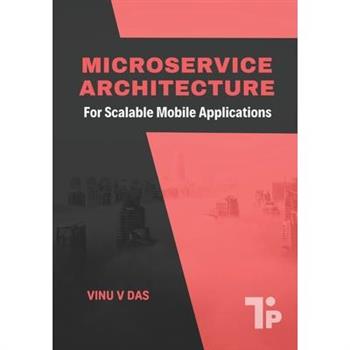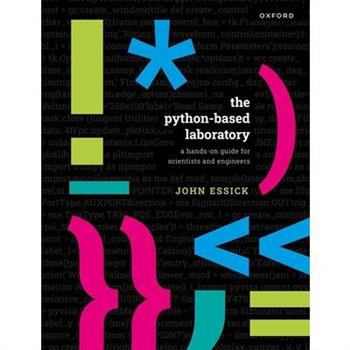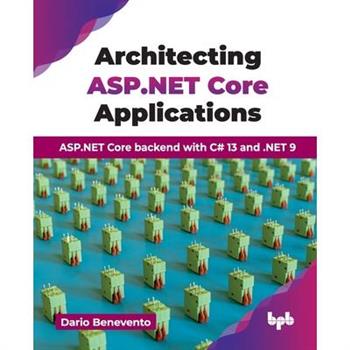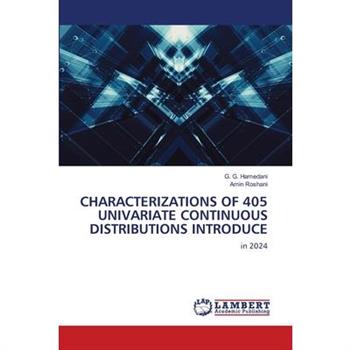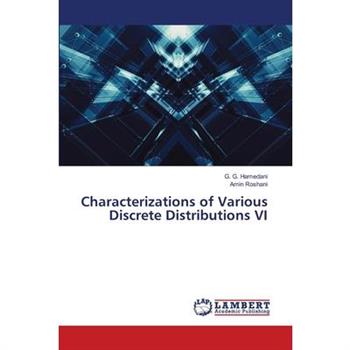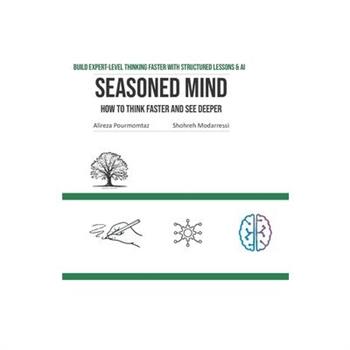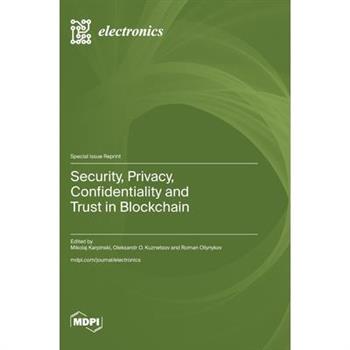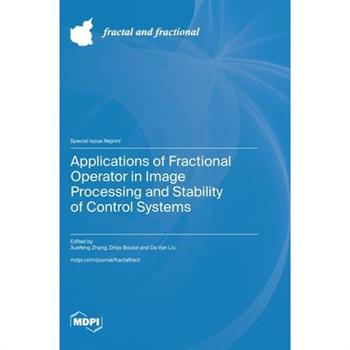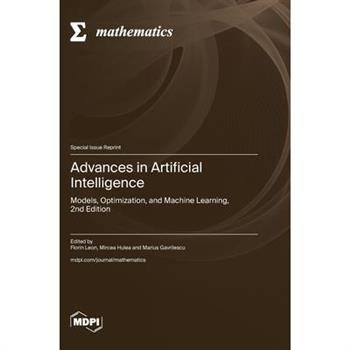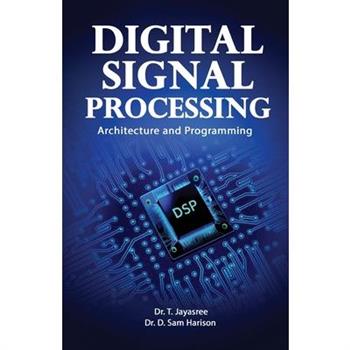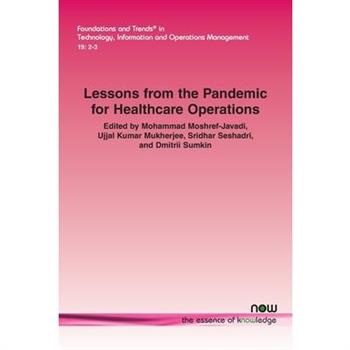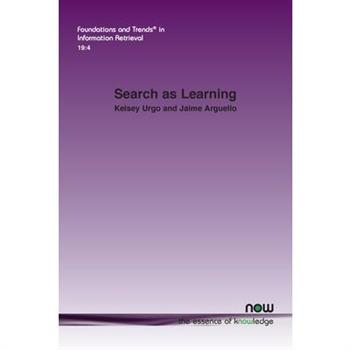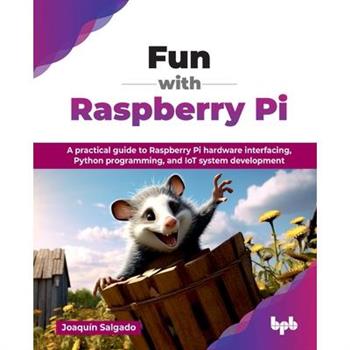Federated Learning for the Internet of Vehicles
Paradoxes and Physical Limits of Information Theory
The Qos Improvement in Slotted Aloha Systems
Sovereign by Design
Digital sovereignty is an essential pillar of the future. Politicians discuss it, businesses strive for it, and public discourse increasingly centers on it. However, what does it take to become digitally sovereign and resilient? What needs to change in society's digitalization strategy and the design and operation of digital infrastructure to achieve this? In this book, the authors explore these questions, drawing from the LIONS research project led by a consortium of the University of Bundeswehr Munich and the Helmut-Schmidt-University in Hamburg. Through a transdisciplinary approach involving industry partners and the Bundeswehr, perspectives from ethics, psychology, media pedagogy, information systems, and computer science come together in the resulting articles. The first part, The Challenge of Digital Sovereignty, examines the concept of digital sovereignty as a systemic task. The second part, Designing Sovereign Information Systems, builds on the ethical perspective and locates it concretely in practical application within the supply chain. The final section, Digital Sovereignty as a Learning Field, offers pedagogical and psychological insights into digital competence.
Data Communication and Computer Network
Characterizations of Various Discrete Distributions VI
System Engineering with Sysml
Systemic thinking is required to design increasingly complex mechatronic systems. SySML is a description language that is tailored precisely to this purpose. Based on UML, it also enables the modelling of requirements, hardware and time behaviour in the context of both simulation and testing. A model-based engineering decision is expensive and risky, so efficient assessment of the suitability of SysML is critical to success, as is rapid familiarisation. The book and the accompanying digital material with the models in two modelling environments (EASystems and CoDeSys) enable a step-by-step, efficient introduction that extends to the various facets of more complex mechatronic production systems. The book plus material can be used both as a basis for courses, including exercises and interactive formats, and as a step-by-step introduction to more realistic models from the perspective of manufacturers of mechatronic systems through to production systems.
Security, Privacy, Confidentiality and Trust in Blockchain
This Special Issue presents cutting-edge research in blockchain security, privacy, confidentiality, and trust mechanisms. The collection encompasses ten peer-reviewed papers that address critical challenges in blockchain technology implementation. The contributions span theoretical foundations and practical applications, including post-quantum cryptographic solutions, smart contract vulnerability detection, and privacy-preserving protocols. Notable advances include NTRU-based schemes for underwater communications, heterogeneous semantic graphs for security analysis, and zero-knowledge proofs for distributed systems. The research demonstrates significant progress in energy-efficient security protocols, particularly in IoT environments and multi-robot coordination. Several papers explore blockchain applications in emerging domains such as the metaverse, cryptocurrency transaction security, and vehicular networks. This Special Issue highlights the successful integration of blockchain with artificial intelligence and machine learning techniques for enhanced security. Each contribution has undergone rigorous peer review, and represents a substantial advancement in its respective domain. This collection serves as a valuable resource for researchers, practitioners, and developers working in blockchain security and related fields.
Applications of Fractional Operator in Image Processing and Stability of Control Systems
Fractional calculus and fractional processes are research areas that are gaining increasing attention, with applications in control systems and image processing. Fractional-order systems are a natural generalization of classical integer-order systems with the ability to accurately model a wide range of real-world physical systems. The fusion and noise suppression of medical images in image processing are essential, as these techniques provide valuable information to support clinical diagnosis and treatment. Image fusion is a significant factor in image processing due to the increase in image acquisition models. Recently, fractional operators have gained importance in image processing. Additionally, powerful fractional operating tools have been introduced, offering extensive applications in the analysis and design of nonlinear control systems. Singular systems are governed by singular differential equations, endowing the systems with many special features not found in classical systems. Fractional-order control systems, which draw from integer-order control systems, are drawing increasing attention within the field.
Advances in Artificial Intelligence
The present book contains all the articles accepted and published in the Special Issue "Advances in Artificial Intelligence: Models, Optimization, and Machine Learning, 2nd Edition" of the MDPI Mathematics journal. The content of this Special Issue encompasses a diverse array of topics related to artificial intelligence, spanning both foundational theories and practical applications. It covers advancements in deep learning and machine learning techniques, including neural networks and reinforcement learning, as well as the growing field of federated learning. This issue also explores developments in natural language processing and multimodal data analysis, alongside optimization strategies inspired by evolutionary algorithms and probabilistic models, such as Gaussian processes. It also highlights research in feature selection and support vector machines, innovations in autonomous driving and trajectory prediction, and broader applications of artificial intelligence in decision-making and intelligent systems. We anticipate that the scientific findings presented in this volume will offer valuable references and inspiration to those eager to explore new frontiers in artificial intelligence, machine learning, and their extensive real-world applications.
Advances and Applications of Soft Computing
Soft computing is the study of approximate reasoning and processes that solve complex real-life problems that cannot be modeled or are too difficult to model mathematically. The present reprint contains 10 of the total 31 submitted articles that were accepted and published in the Special Issue "Advances and Applications of Soft Computing" of the MDPI Mathematics journal during the years 2023 and 2024. These articles cover a wide range of theory and applications of soft computing, especially its branch on fuzzy sets and systems.
Digital Signal Processing Architecture and Programming
Programmable DSP devices are becoming gradually available and affordable. These devices have, therefore, become prevalent in the industry for the design of products. Subsequently, many undergraduate senior projects and graduate projects are planned and executed using these devices. Many students attempt these projects based on a first-level course on digital signal processing. The books that are used in these classes do not, yet, cover the topics from the implementation point of view. There is normally a wide gap in students' sympathetic of DSP algorithms and how to use programmable DSP devices to implement them. This is a DSP implementation-oriented textbook that has been written based on the authors' experience in teaching graduate and undergraduate courses on the subject. The objective of the book is to aid the reader to know the architecture, programming, and interfacing of commercially existing programmable DSP devices in the question answer form. The book is intended for undergraduate and post graduate students in Electronics, Electrical Engineering and computer science programs. The book will also be useful to engineers in industry betrothed in the design of DSP systems. This book comprises 5 chapters and covers the architectural topics of programmable DSP devices and their association to the algorithmic requirements, architectures of commercially popular programmable devices and the usage of such strategies for software development and system design. These questions are covered using a popular family of DSP devices-TMS320C54xx from Texas Instruments.
Energy Optimization of Dynamic Routing Protocol
Performance Optimization in Dynamic Routing Protocols
Stochastic Processes and Their Applications
Mathematics is publishing a Special Issue to honor Prof. Sally McClean on the occasion of her semi-retirement and in recognition of her important research contributions. Sally Ida McClean was born in Belfast and received her first degree, an M.A. in Mathematics, from the University of Oxford in 1970. She earned an M.Sc. in Mathematical Statistics and Operations Research from Cardiff University in 1972, and completed her Ph.D. in 1976 at Ulster University at Coleraine. Her contribution to mathematical modeling in healthcare planning is enormous, and, in particular, her studies on improving the wellbeing of the elderly are greatly respected amongst her peers. She is currently a Professor of Mathematics at Ulster University. Her main research interests are in Stochastic Modeling and Optimization for Healthcare Planning and Computer Science. Stochastic processes are some of the most important tools in many areas of science, such as biology, operational research, the social sciences, stochastic finance, etc. Important characteristics in these areas evolve with time in a relatively random way, and since stochastic processes are mainly sequences or families of random variables, in which their index represents time, they are the natural tool to use. The theory and applications of stochastic processes emerged in the genesis of one of the richest ones, that is, Brownian motion. This was rather unexpected since Brownian motion is a beautiful object which is at the same time a martingale, a Gaussian process, a diffusion, a Levy process, a Markov process, etc.-concepts that were discovered quite latter in the evolution of time.








